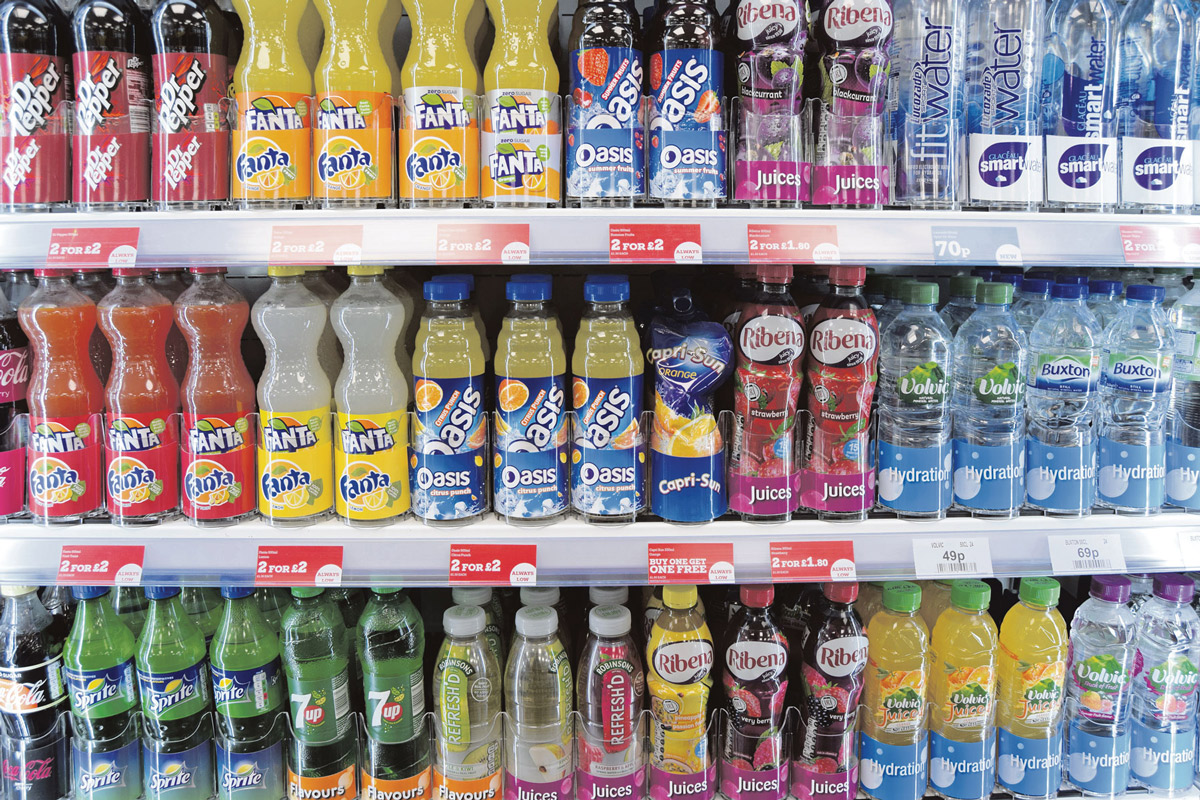The Scottish government has delayed the launch of its deposit return scheme (DRS), announced new exemptions for retailers and revealed lower forecasted handling fees to be paid to stores.
DRS delays
In publishing its planned legislation for the policy, Holyrood included a 15-month delay, pushing the start date to July 2022.
While Scottish ministers blamed the coronavirus, its own consultation based on evidence from before the crisis admitted a “significant” number of stakeholders had described the original deadline as “unachievable”.
DRS: Scottish government to unveil law in two weeks
Scottish Grocers Federation head of policy John Lee welcomed that it had been pushed back to “a more achievable point in the future”, but raised concerns over the financial viability of the scheme for independent shop owners.
Increased costs
A newly published full business case admits the Scottish government underestimated the number of containers that would pass through the scheme by 30%.
It also underestimated machine installation costs for stores (from £700 up to £1,500) and store running costs (from £150 per year to £300).
Despite the greater burdens, the document suggested lowering payments given to stores per container returned from 1.5p to 1.1p for over-thecounter returns and from 3.1p to 2.8p for returns via automated machines in store.
Concern over crushed glass in DRS machines
Senior NFRN executive and Family Shopper Blantyre owner Mo Razzaq said: “The fee was low enough as it was. They have totally under-quoted the impact on stores. They need to realise the goodwill of retailers is needed to make this successful and work harder to make it financially viable.”
The scheme administrator will have the final say in setting store handling fees, but Lee warned: “Because the figures in the business case came from Deloitte, they are likely to be used by the administrator as justification to give stores lower handling payments.”
Exemptions
Both trade groups welcomed amendments to allow stores to opt out of taking part in the scheme if they can prove it would potentially harm food, staff, health, fire or environmental safety.
Razzaq also praised a new exemption he said was brought about after lobbying by the NFRN: “The exemption for those that for religious reasons cannot handle alcohol containers is very much welcomed,” he said.
Scottish shops fear DRS losses
Other amendments granted retailers the right to refuse to take bottles from customers if they are dirty or if the volume of containers returned is disproportionate to the number of containers the shop sells in an average transaction.
Read about how the new legislation will impact alcohol profits and soft drinks ranging in next week’s RN
Read more news and advice on sustainable retail




Comments
This article doesn't have any comments yet, be the first!